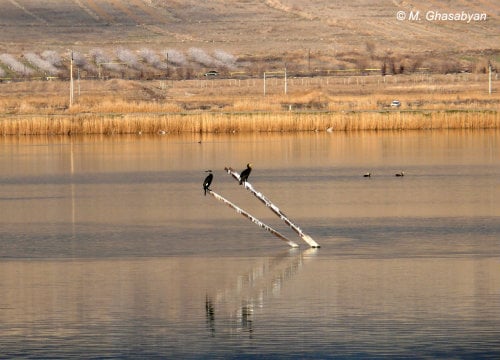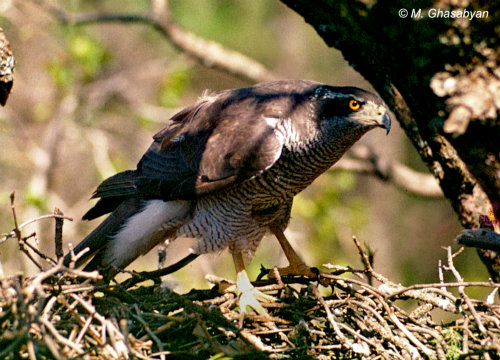 Armenia
Armenia
Armenia is a highland country of nearly 30,000sq km, located in the Lesser Caucasus Mountains. Its highest point is Mount Ararat, measuring 4,095 m above sea level. Despite the lack of sea or ocean outlets, the country has multiple fast flowing rivers and boasts Lake Sevan, the largest lake in the mountain range.
In the north of the country the Debed River and its tributary the Hrazdan, fed by Lake Sevan, drain much of the country. The land around the Aras River is rich and has long been used for agriculture.
Armenia signed the Bern Convention on 13 March 2006, which entered into force in  2008. Since then, the country has been working on the setting-up of the Emerald Network and listed more than 110 species that need protection and habitat conservation, according to the Bern Convention Resolutions No. 4 (1994) and No. 6 (1998).
2008. Since then, the country has been working on the setting-up of the Emerald Network and listed more than 110 species that need protection and habitat conservation, according to the Bern Convention Resolutions No. 4 (1994) and No. 6 (1998).
Some of the most emblematic species include the Persian leopard, Panthera pardus, the greater horseshoe bat, Rhinolophus ferrumequinum, and the fern leaf peony, Paeonia tenuifolia. Four different habitats of European importance, such as the Continental glasswort swards, are identified as present in Armenia.
21 sites have been identified as suitable to join the Network in the country (by February 2016), 13 of which have been officially nominated as candidate Emerald sites by the Standing Committee to the Bern Convention (in December 2015).
The 21 potential Emerald sites cover 4975.44 km2, 16.58% of the country territory.
Agrégateur de contenus

Afficheur de contenus web
Ms Hasmik Ghalachyan
Head of Plant Resources Management Division
Ministry of Nature Protection, Agency of Bioresources Management
Government Building 3, Republic Square, YEREVAN
Tel: :+374 580711 or +374 273890
Contact



































